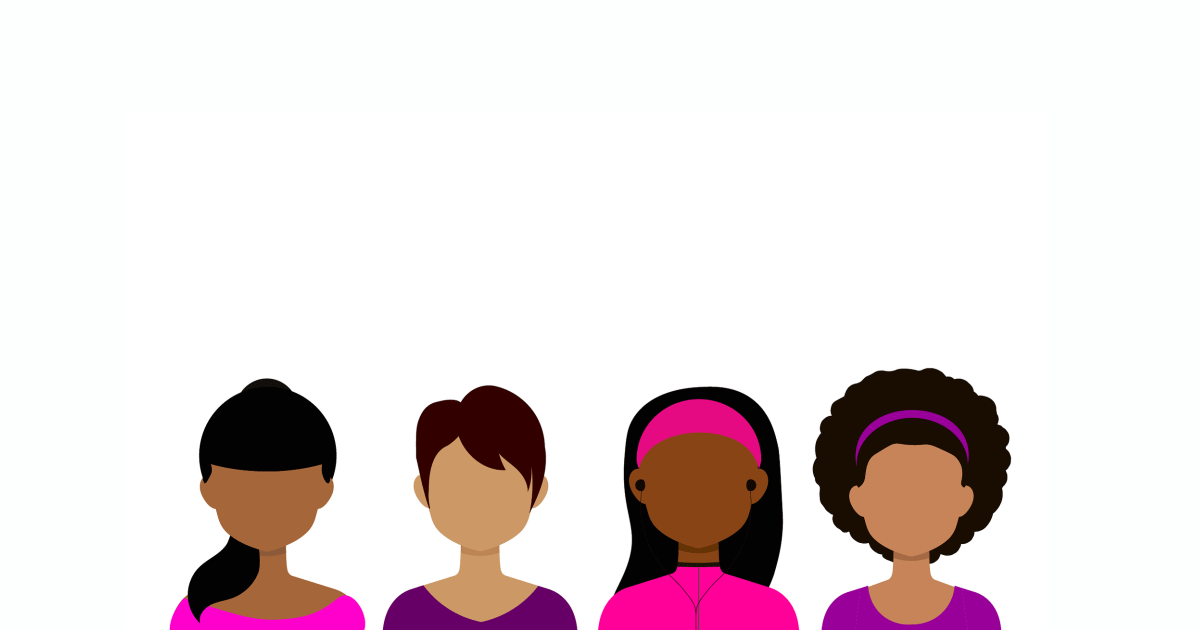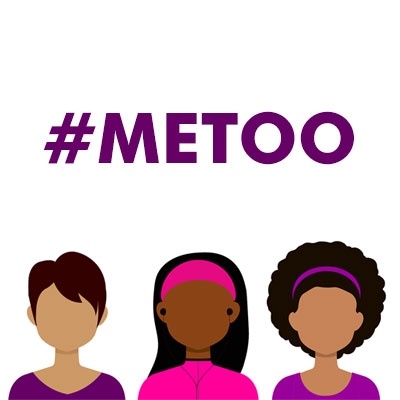#metoo. #yotambien. Now what?

Facebook’s cute-kid-with-pumpkin photos and gloomy political posts were less prominent this week, as thousands and thousands of women and others -- likely many of your own Facebook friends -- posted just a simple hashtag: #metoo. Coming in the midst of Domestic Violence Awareness month and on the heels of sexual harassment and sexual abuse scandals in Hollywood, Washington, and Silicon Valley, the viral message is demonstrating how horribly common such harassment is in every corner of the country. The message has been used in many different languages, including in Spanish. As you see #yotambién on your timeline, remember that among our Latino patients, sexual violence is widespread.
Here are some things you can do as an ally and supporter:
- Be aware of culturally appropriate resources for your clients when it comes to domestic and sexual violence. We recommend becoming familiar with the Power and Control Wheel for Immigrant Women, as well as where you can direct Spanish-speaking patients for more information, such as Casa de Esperanza.
- Health centers can provide Spanish-language signage to encourage those suffering from abuse to get help. Casa de Esperanza offers a 24/7 bilingual hotline for those needing assistance: 651.772.1611
- Domestic violence is against the law regardless of immigration status. It is important that undocumented individuals know their rights and how to seek help. Click here for more information.
- Sexual harassment at work leaves farmworkers in a powerless position for which they may be scared to seek help. Sexual Violence Against Farmworkers: A Guidebook for Social Service Providers is a good resource for farmworker advocates.
- Interested in learning more? Futures Without Violence, in partnership with the Robert Wood Johnson Foundation, published Intimate Partner Violence in Immigrant Communities: Challenges, Promising Practices, and Recommendations, which explores violence among immigrant and refugee communities in greater detail.
The recent hashtag has brought a bright light to the issue -- but we don’t want it to be blinding. Now is a great opportunity for health centers to respectfully reach out via their own social media to let patients know they are ready to support those experiencing ongoing and/or traumatizing sexual violence, either in the home, at work, or in the community.
Like what you see? Amplify our collective voice with a contribution.
Got some good news to share? Contact us on our social media pages above.
Return to the main blog page or sign up for blog updates here.
- Log in to post comments

